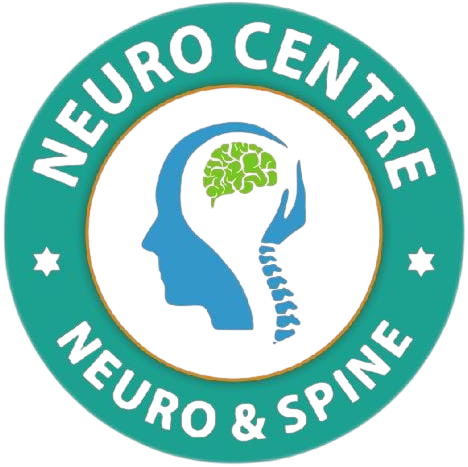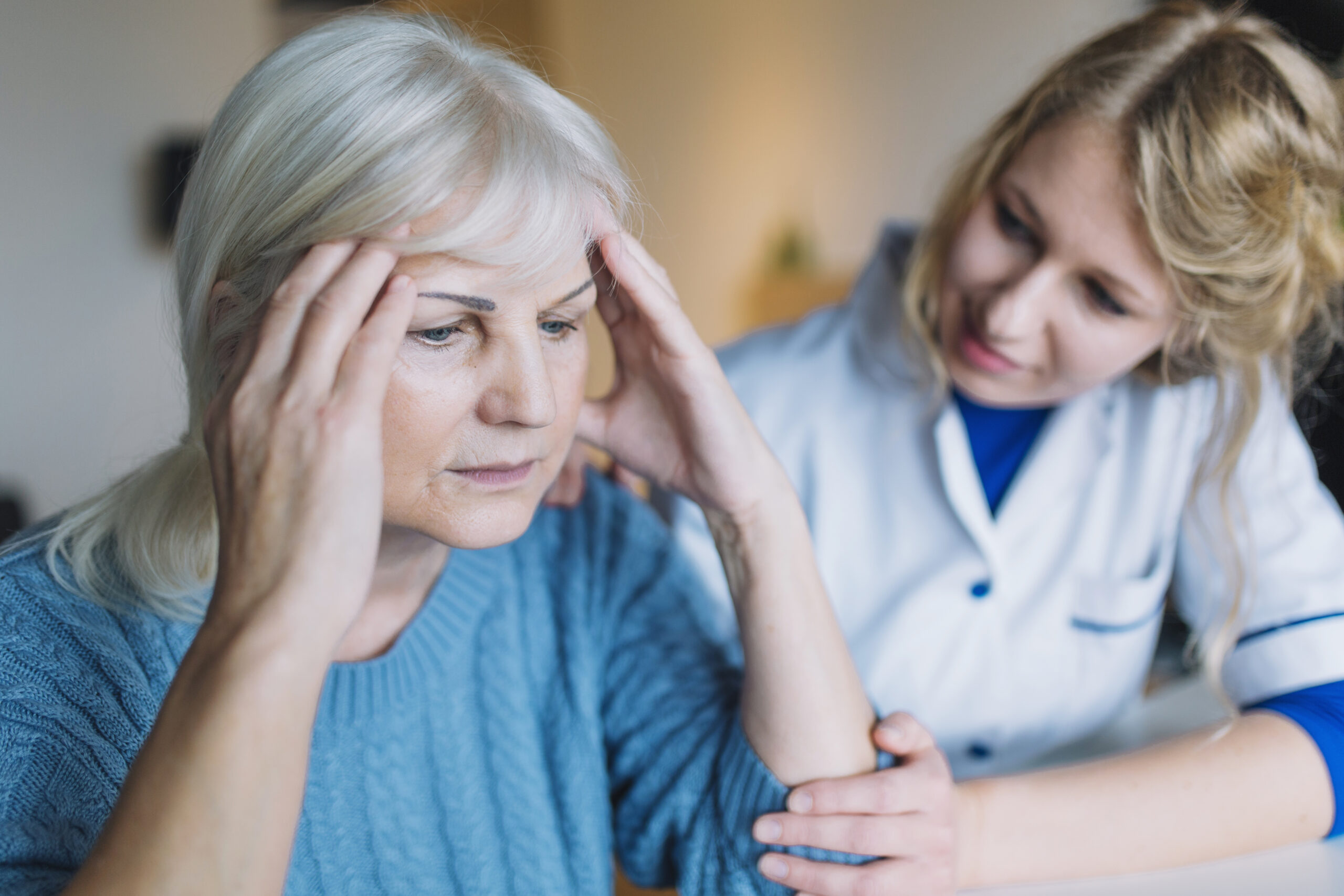The Increased Risk of Dementia After a Traumatic Brain Injury
Traumatic brain injury (TBI) has been for a long time linked to a variety of neurological effects. But, one of the most worrying connections that was discovered recently is the significant increase in likelihood of developing dementia, which includes Alzheimer’s disease, among those with just one TBI. Here at Neurocentre Jamshedpur’s most prominent neuroscience facility, we are aware of the importance of this relationship and work to provide professional care and the most sophisticated diagnosis. under the direction of Dr. M.N. Singh who is a well-known Neurologist Specialized in dementia, we offer innovative solutions to manage and possibly slow the development of cognitive diseases.
Understanding the Link: TBI and Dementia
The term “traumatic brain injury” refers to the Traumatic Brain. Traumatic brain injury happens in the event that a sudden force externally affects the brain. It is usually because of falls, automobile accidents, or sporting injuries. The severity of these injuries ranges from minor concussions, to serious injuries that cause prolonged insanity or loss of memory. Research has revealed that TBIs may trigger modifications to brain functioning and structure, creating an environment that encourages the development of Alzheimer’s disease later in time.
While not all TBI causes dementia, the chance is significantly higher. Individuals who’ve suffered mild to serious TBIs are at a higher risk to be diagnosed with dementia such as Alzheimer’s. Even minor TBIs that are repeated like those seen in military and sportsmen could increase the risk. The risk is increased with time, injury severity as well as repeated head trauma.
What Happens to the Brain After a TBI?
In the aftermath of a TBI, brain cells experience swelling, blood flow disruption as well as damage to neurons, all that contribute to the decline in cognitive capacity. As time passes the brain can begin developing abnormal proteins like beta-amyloid and tau. These are the hallmarks of Alzheimer’s. This can cause problems with the ability to think, memory and reasoning.
It is vital to keep an eye on people who suffer from TBI to detect any signs of dementia. The signs could include the loss of memory, confusion, personality shifts, or difficulty with regular activities. If your loved one suffers from an injury to the brain in the past and requires prompt intervention by experts is crucial.
Why Early Diagnosis Matters
The early detection and intervention play an important role in the management of the symptoms of dementia. Top Dementia Doctors in Jamshedpur, such as Dr. M.N. Singh at Neurocentre, highlight the importance of neuropsychological tests, including imaging, as well as regular screening for people who are at risk. The early detection of cognitive decline can lead to timely treatment strategies, as well as lifestyle changes and help systems to enhance the quality of living.
Comprehensive Care at Neurocentre
At Neurocentre, we are dedicated to providing outstanding neurological services within Jamshedpur. Led by Dr. M.N. Singh, who is one of the most well-known Neurologist Alzheimer Specialists, our focus is on reliable diagnosis, compassionate care, as well as individualized treatment strategies for Alzheimer’s and dementia.
Our multidisciplinary approach comprises:
- Advanced Brain Imaging and Diagnostics
- Personalized Alzheimer’s Treatment in Jamshedpur
- Cognitive Therapy and Rehabilitation
- Medication Management to Slow Disease Progression
- Support for Families and Caregivers
Dr. M.N. Singh combines medical expertise and an understanding of the patient’s requirements, making sure that each person receives attentive and comprehensive treatment.
Living With Dementia After TBI
A diagnosis of dementia after a TBI is a difficult process. With the proper support, many people can keep a high level of living for a long time. At Neurocentre, we help our patients deal with the challenges of this condition through training, treatment and emotional care. The facility works in close collaboration with families to equip caregivers with the highest quality at-home care available.
Regular physical exercise as well as a balanced diet, regular sleep, as well as social interaction also play an important role in reducing symptoms as well as slowing down the disease’s progress.
When to Seek Help
You or someone in your family suffers from memory difficulties and personality issues, as well as difficulties focusing or following a head injury. It is essential to talk to a professional in the field of dementia. Top Dementia Specialists located in Jamshedpur can be found at Neurocentre to assess and help you in the right direction.
Conclusion
The relationship between brain injuries and dementia is an issue that needs to be recognized, particularly for older people or those with previous head traumas. The early intervention of experts and the best treatment are essential to improve results and ensure a healthy existence.
In Neurocentre at Neurocentre, we’re happy to be at the leading edge in Alzheimer’s Treatment in Jamshedpur, providing world-class treatment and advice. With Dr. M.N. Singh, who is a renowned Neurologist and Dementia specialist, we’re ready to help you through every step of the journey.







